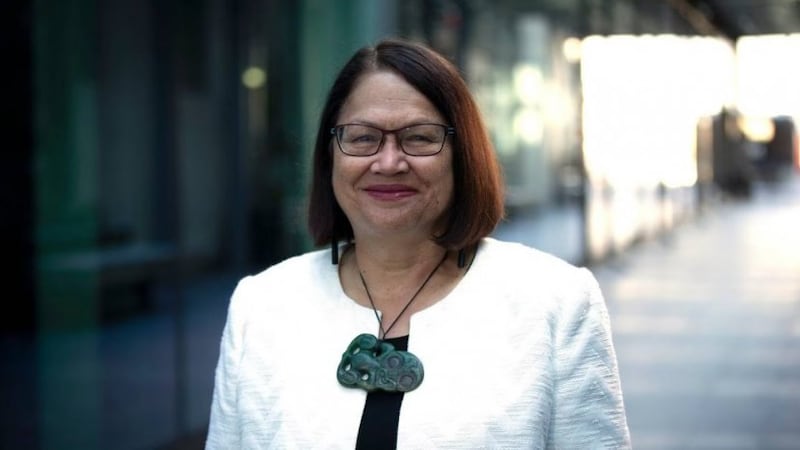By Lady Tureiti Moxon
Act’s proposal to treat 17-year-old offenders as adults is a continuation of the colonial racist violence that has been meted out upon Māori since the signing of Te Tiriti o Waitangi.
Their solution to issues of violence and ram-raids that our country is currently facing is to “lock them up and throw away the key - the younger the better”. Our track record of dealing with our tamariki [children] and rangatahi [youth] in this country has been appalling, and yet we continue to do what we have always done and expect a different result somehow.
The Royal Commission of Inquiry into Abuse released its recent report Beautiful Children on the Lake Alice Child and Adolescent Unit. They found that: “Social welfare involvement was a common pathway of admission to the unit, disproportionately affecting Māori. About 41 per cent of those admitted from social welfare residences were Māori, and about 29 per cent of those admitted from homes with social welfare files were Māori. Poor-quality records make precise figures impossible.”
However, what was even more disturbing was that the serious abuse, torture, mistreatment, physical violence and sexual and emotional abuse at Lake Alice was normalised by a doctor who had unfettered power: “In the almost eight years the unit operated, Dr Leeks and the staff at Lake Alice inflicted, or oversaw, serious abuse – some amounting to torture – in what quickly became a culture of mistreatment, physical violence, sexual and emotional abuse, neglect, threats, degradation and other forms of humiliation.”
More than half of the tamariki and rangatahi in the care of Oranga Tamariki and in youth justice facilities are Māori.
Yesterday, the Government announced changes to crack down on crime - particularly youth offending - that are focused on prevention, protection and accountability. From my perspective, this is a contradiction in terms given the recent spate of “fight club” activity at Korowai Manaaki Youth Justice Residence the country witnessed on television. From all accounts, these fight clubs have been ongoing for years and have become normalised.
The new moves have been reported as having a “sharper focus on consequences and greater accountability for offenders”. But isn’t prevention better than the cure?
Māori have one of the highest incarceration rates in the world, which is an absolute indictment of our country. Rather than herding our people from Oranga Tamariki into youth justice residences on to prison and mental health facilities, why don’t we put our billion-dollar budgets into eradicating poverty and supporting whānau into warm housing, employment and education? These are the areas crying out for sharper focus and accountability.
The answers to this lies within the community, and there are many very successful and positive organisations which have looked after some of our most difficult young people.
There are many community groups which have provided rangatahi with good role models and a different way of thinking and being within tikanga.
The Government needs to share power and control and support ‘by Māori, for Māori’ solutions.
Moreover, the courts and police need to be looking for better solutions also, instead of herding our young people into a system that has been very negative and violent towards Māori.
My view is to get in early, be preventative and support parents to look after themselves.
Then we may be able to head off this pipeline into prison. Any country with any common sense can see that this punitive approach is not the answer and not what is needed in our country today.

